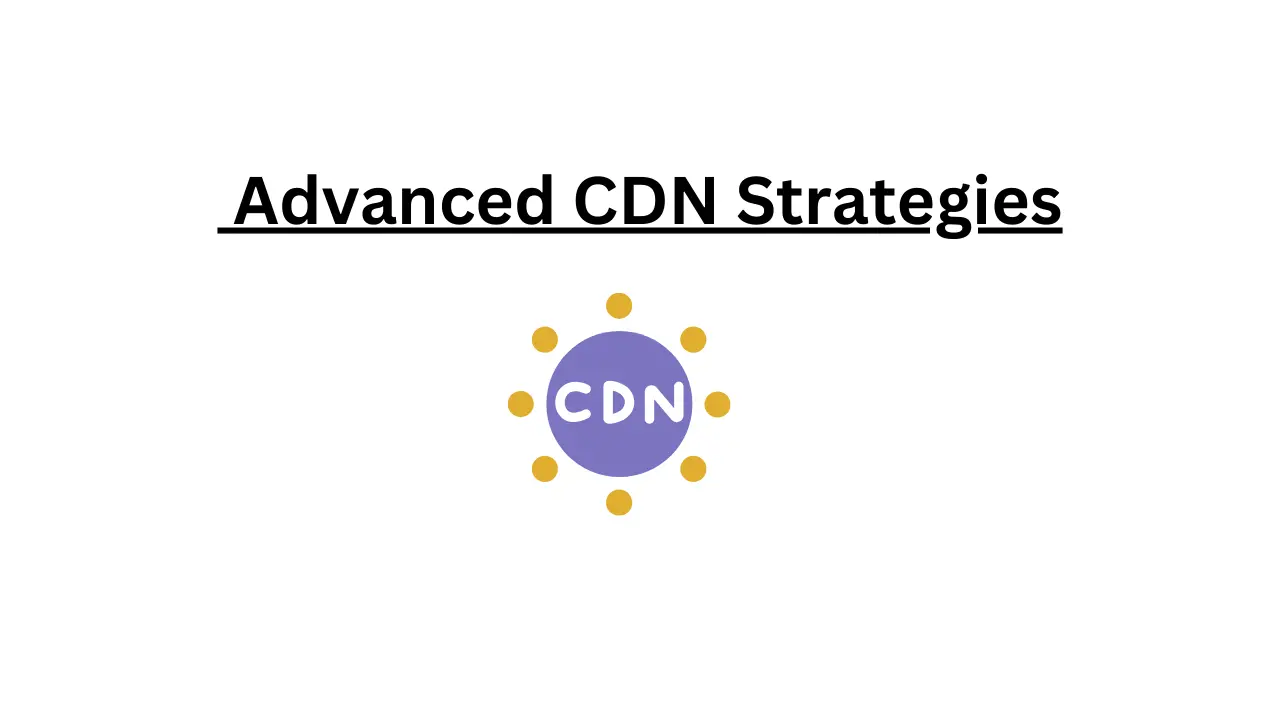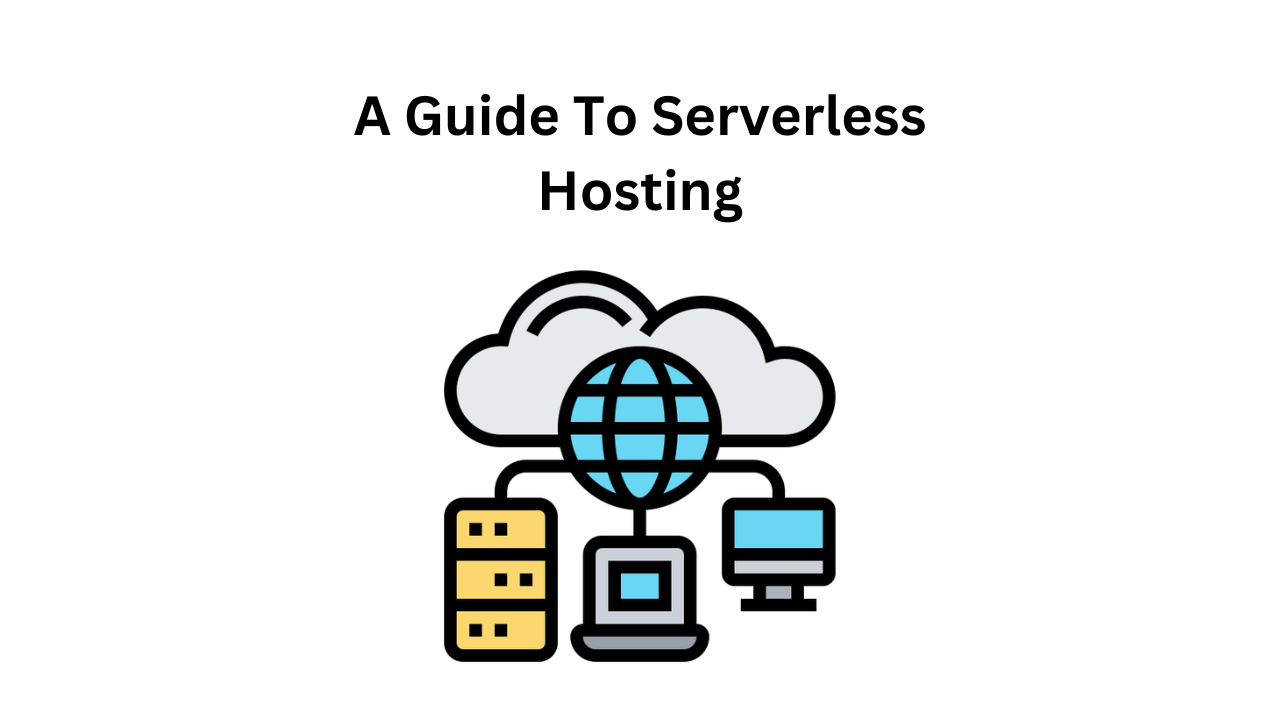Introduction
In our digital age, choosing the right hosting platform is crucial for your website’s success. Whether you’re setting up a new blog, an e-commerce store, or a business website, the foundation begins with the type of hosting you select. In this article, we will explore the key differences between Windows and Linux hosting, helping you make an informed decision. The term ‘Windows vs. Linux hosting’ will be used throughout to highlight the major distinctions between these popular options. By understanding their unique features, benefits, and limitations, you’ll be better equipped to select the one that best fits your needs.

Windows and Linux are the two most commonly used operating systems in web hosting. Each comes with its own set of characteristics, advantages, and disadvantages, making them suitable for different types of users and purposes. For instance, Windows hosting is known for its compatibility with Microsoft software and applications, whereas Linux hosting is often praised for its stability, security, and open-source nature. These differences can greatly influence your website’s performance, security, and overall user experience.
This guide aims to break down the essential aspects of Windows vs. Linux hosting. You’ll gain insights into how each platform handles various web technologies, programming languages, and databases. Additionally, we’ll cover aspects such as cost, ease of use, and community support, all of which play a significant role in your hosting decision. By the end of this guide, you’ll have a well-rounded understanding that will aid you in making an educated choice between Windows and Linux hosting.
So, if you’re ready to dive deeper into the world of web hosting and discover which platform might be the best fit for you, let’s get started.
Overview of Windows Hosting
Windows hosting is a server hosting environment that operates on the Microsoft Windows operating system. Known for its robust integration with various Microsoft technologies, it is an optimal choice for users who need to run applications based on ASP.NET, MSSQL, or other Microsoft-centric solutions. One of its prominent features is its seamless compatibility with the .NET framework, which simplifies the development and management of dynamic websites and web applications.
The user interface of Windows hosting is often praised for its intuitiveness, particularly for individuals who are already familiar with the Windows operating system. The inclusion of tools like Internet Information Services (IIS) offers a reliable platform for managing websites, enabling users to configure, manage, and troubleshoot their site hosting with relative ease. Additionally, the support for Microsoft Exchange and the integration with SharePoint Server enriches the functionality and flexibility of collaborative and communication processes.
Windows hosting also offers a substantial support system, with a wide array of resources available directly from Microsoft as well as a large community of developers and IT professionals. This extensive support network ensures that users can find solutions and updates efficiently, thereby maintaining the stability and security of their hosting setup.
Common use cases for Windows hosting include enterprises and developers who rely heavily on Microsoft software products, particularly those that need to utilize ASP.NET for their web development projects. Additionally, it serves as an excellent solution for businesses that require advanced database functionality provided by MSSQL Server, and for organizations leveraging Microsoft’s Active Directory for their authentication and user management needs.
Overall, Windows hosting excels in environments where Microsoft technologies dominate. It is particularly well-suited for developers and businesses that need seamless integration with Microsoft’s ecosystem, offering reliability, comprehensive support, and an intuitive user interface. This makes it a considerable choice for many looking to align their hosting solution with their specific technological needs.
Overview of Linux Hosting
Linux hosting operates on the open-source Linux operating system, making it a popular choice among developers and businesses alike. One of the primary features of Linux hosting is its open-source nature, which means that the source code is freely available for modification and enhancement. This allows for a highly customizable and flexible hosting environment, catering to a wide range of programming needs.
Linux hosting environments are well-known for their compatibility with open-source technologies like PHP, MySQL, Python, and Ruby. These technologies are foundational to many web applications, such as content management systems like WordPress, Joomla, and Drupal, making Linux hosting an ideal choice for developers working with these platforms. Furthermore, Linux hosting supports Apache and Nginx servers, both of which are renowned for their performance and reliability.
Another significant advantage of Linux hosting is its cost-effectiveness. Since the operating system and many associated software packages are open-source, there are no licensing fees, which considerably reduces overall costs. This feature makes Linux hosting especially attractive to startups and small businesses that need robust hosting solutions without heavy financial investment.
Typical use cases for Linux hosting include hosting websites, managing databases, and deploying web applications. It is particularly favored by developers who require a stable and secure environment for development and testing purposes. The open-source nature also ensures that security patches and updates are readily available, thus maintaining a high level of system security.
Despite its many advantages, Linux hosting does come with certain challenges. The command-line interface (CLI) may appear daunting to beginners who are used to graphical user interfaces. Additionally, some proprietary applications may not be fully compatible with Linux environments. However, for many developers and enterprises, the benefits of customization, performance, and cost-efficiency far outweigh these potential drawbacks.
In summary, Linux hosting stands out as a preferred option for many due to its open-source foundation, compatibility with essential web technologies, cost-effectiveness, and high security standards. It is a powerful alternative for anyone looking to build and maintain scalable and flexible web applications.
Comparative Analysis of Features
When choosing between Windows and Linux hosting, several core features must be analyzed to make an informed decision. In this section, we present a detailed comparison focusing on cost, security, performance, ease of use, and scalability. This comprehensive analysis helps clarify the critical aspects of both hosting options.
Cost
Linux hosting typically offers a more cost-effective solution compared to Windows hosting. This is primarily because Linux is an open-source operating system, meaning its software is free to use, which significantly reduces overall costs. Conversely, Windows hosting involves licensing fees for the proprietary Windows Server OS, often leading to higher expenses.
Security
Security is a paramount concern for any hosting environment. Linux is often regarded as more secure due to its robust and flexible permission settings. However, this does not mean Windows hosting is insecure; Windows has robust security features, but it may require more regular maintenance and updates to ensure protection against vulnerabilities.
Performance
In terms of performance, Linux hosting frequently outperforms Windows. This performance enhancement is largely due to Linux’s lower system resource requirements, leading to faster load times and higher reliability. Windows hosting, while powerful, can be more resource-intensive, potentially impacting overall performance.
Ease of Use
Ease of use can vary significantly based on the user’s familiarity with each system. Windows hosting generally offers a more user-friendly interface, benefiting from the familiar GUI-based environment. Linux hosting, however, may necessitate a steeper learning curve, particularly for those not accustomed to command-line interfaces.
Scalability
Scalability is essential for growing businesses. Both Windows and Linux hosting solutions offer scalable options, but they handle scalability differently. Windows hosting is particularly effective for environments heavily reliant on Microsoft technologies like ASP.NET. Alternatively, Linux hosting provides superior scalability for diverse web applications, including those using open-source technologies like PHP and MySQL.
A table summarizing these key differences follows:
| Feature | Windows Hosting | Linux Hosting |
|---|---|---|
| Cost | Higher due to licensing fees | More cost-effective (open-source) |
| Security | Robust but requires regular updates | Highly secure with flexible permissions |
| Performance | Resource-intensive | Optimized and faster |
| Ease of Use | User-friendly GUI | Requires familiarity with CLI |
| Scalability | Best for Microsoft services | Excellent for diverse applications |
Ultimately, the choice between Windows and Linux hosting depends on specific needs and technical requirements. Evaluating these key features ensures a well-informed decision that aligns with your hosting objectives.
Cost and Licensing
When considering the financial aspects of web hosting, both Windows and Linux options present distinct cost structures. Understanding these differences is essential for making an informed choice. Windows hosting typically involves higher expenses, primarily due to the licensing fees associated with Microsoft’s proprietary software. These licensing fees can significantly impact the overall cost, making Windows hosting generally more expensive upfront and over time. Web hosts providing Windows services often factor these licensing costs into their pricing models, which leads to higher recurring fees for end-users.
Conversely, Linux hosting tends to be more cost-effective. The cornerstone of Linux systems is their open-source nature, which means users do not have to bear any software licensing fees. This dramatically reduces the operational costs. Many versions of Linux, such as CentOS, Ubuntu, and Debian, are freely available, allowing web hosts to offer more competitive pricing. This saving is often passed down to the user, making Linux hosting an attractive option for budget-conscious businesses and individuals.
Despite the lower initial costs, it is important to consider the total cost of ownership (TCO) when selecting a hosting platform. For businesses heavily reliant on Microsoft’s ecosystem, the seamless integration of Windows hosting with other Microsoft products like SQL Server and Active Directory can provide cost-efficiencies that justify the higher expenditure. On the other hand, for those who prefer customization and require a wide range of open-source tools, Linux’s flexibility can yield long-term financial benefits.
In summary, the decision between Windows and Linux hosting should weigh the direct costs, such as licensing fees, against the potential indirect savings from operational efficiencies and alignment with existing technical infrastructure. Each hosting type offers unique financial advantages that cater to different needs, making it vital to assess these elements based on the specific requirements and budget constraints of your project or business.
User Interface and Usability
The ease of use and user interface of a hosting solution are pivotal factors that dictate the overall user experience and, ultimately, productivity. Both Windows and Linux hosting environments offer distinct control panels that cater to varying levels of expertise and usability preferences. Among these, cPanel, Plesk, and other proprietary interfaces stand out as the most popular choices.
On Linux hosting platforms, cPanel is a widely acclaimed control panel known for its user-friendly design. It provides a variety of features such as domain management, email handling, and server analytics in an intuitive layout. The graphical interface is aimed at making complex server tasks accessible even to those with minimal technical know-how. cPanel’s extensive documentation and robust community support further enhance its usability, making it an ideal choice for beginners and small to medium-sized businesses.
Conversely, Windows hosting commonly favors Plesk, another well-regarded control panel. Plesk is designed to be versatile, supporting both Windows and Linux environments, although it is often associated with Windows due to its seamless integration with Microsoft technologies such as ASP.NET and MSSQL. Plesk’s interface, while slightly different from cPanel, is comparably user-friendly and offers comprehensive capabilities, ranging from web hosting to email server management. Its versatile nature and ability to support multiple platforms give it a significant edge for users seeking a cross-compatible solution.
Additionally, some Windows hosting providers offer proprietary control panels tailored to their specific services. While these interfaces may varying in ease of use and features, they are often optimized for the hosting provider’s infrastructure. This customization can provide enhanced performance but might require a steeper learning curve for users unfamiliar with the interface.
Overall, the choice between cPanel and Plesk or other proprietary interfaces largely depends the user’s familiarity with the platform, specific technical requirements, and business needs. While cPanel is generally lauded for its simplicity and community support, Plesk’s versatility and integration with Microsoft technologies can make it a more suitable option for those operating within a Windows environment. The usability and user interface choices in your hosting solution can significantly influence your day-to-day operations, making it essential to select one that aligns with your skills and business objectives.
Security and Performance Considerations
When evaluating hosting platforms, security and performance often serve as critical determinants. Both Windows and Linux hosting offer distinct security features designed to protect against vulnerabilities, but they differ in implementation and management.
Windows hosting typically integrates well with Microsoft’s suite of security tools. These include built-in firewall protections, regular security patches via Windows Update, and advanced anti-virus systems such as Microsoft Defender. On the other hand, Linux hosting benefits from an open-source environment, which allows a global community of developers to continuously monitor, identify, and rectify vulnerabilities. Commonly utilized security tools for Linux include iptables for firewall configuration and tools like ClamAV for anti-virus protection.
Vulnerability management is also handled differently in these platforms. In Windows hosting, automated updates ensure that systems receive timely patches, thereby reducing the window of exposure to potential threats. Linux’s open-source nature, however, allows for more fine-grained control over security updates, although this may require more manual intervention.
Performance optimization forms another crucial dimension for consideration. Windows hosting often employs IIS (Internet Information Services) for web server management, which is optimized for applications developed in ASP.NET. Load balancing and scalability are generally managed through tools like Microsoft Azure, offering robust performance under varying loads. Conversely, Linux hosting famously deploys Apache or Nginx, both known for their high performance and compatibility with numerous scripts and applications such as PHP and MySQL. Load balancing in Linux environments often leverages open-source solutions like HAProxy, providing flexible and effective scaling capabilities.
When it comes to speed, both platforms endeavor to minimize latency and ensure rapid content delivery. Windows hosting typically relies on integrated caching mechanisms alongside CDN services like Azure CDN to enhance speed. Linux hosting adopts various caching solutions, including Varnish and Memcached, alongside popular CDNs like Cloudflare.
Overall, the choice between Windows and Linux hosting in terms of security and performance should be guided by your specific needs. Windows is often preferred in environments where seamless integration with Microsoft products is essential, while Linux is favored for its flexibility and the extensive customization it offers.
Key Takeaways and Conclusion
Throughout this article, we have explored the fundamental aspects that distinguish Windows hosting from Linux hosting. To recap, Windows hosting is well-suited for environments that require compatibility with Microsoft technologies such as ASP.NET, SQL Server, and IIS. It offers ease of integration with Windows-based applications and is typically user-friendly for those already accustomed to the Windows operating system. However, it can be more expensive and less flexible compared to Linux hosting.
On the other hand, Linux hosting is often favored for its robustness, security, and flexibility. It is an open-source solution, which translates to lower costs for hosting providers and users alike. Common applications like PHP, MySQL, and Apache run seamlessly on Linux. This type of hosting is especially advantageous for developers and users seeking extensive customization capabilities. Nevertheless, some users might find the command-line interface and lack of official support challenging.
When deciding between the two, it’s crucial to consider the specific needs of your website, your technical proficiency, and your budget. Each hosting type has its distinct advantages and potential drawbacks, and understanding these will guide you in making a more informed choice.
For those interested in further exploring these hosting options, we recommend contacting hosting providers to obtain personalized advice tailored to your unique requirements. Their expertise can provide additional insights that are not covered within the scope of this article.
Frequently Asked Questions
Is Linux hosting secure?
Yes, Linux hosting is known for its strong security features and is often preferred for applications requiring robust security measures.
Which hosting is better for beginners?
Windows hosting can be easier for beginners due to its user-friendly interface and familiarity for those accustomed to Microsoft products.
Can I switch from Windows hosting to Linux hosting?
Yes, it is possible to switch hosting types, but it may require considerable effort depending on the applications and configurations involved. Assistance from your hosting provider can facilitate a smoother transition.



